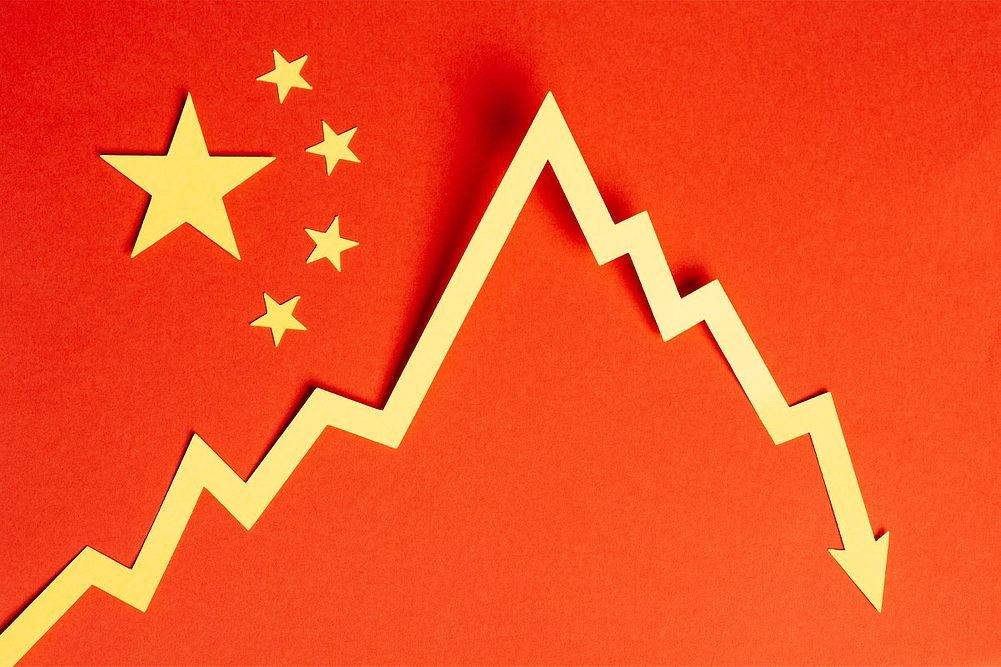
Companies feeling the effects of China’s slowing economy
 KANSAS CITY — A recurring theme of earnings reports from global food and beverage companies this year has been the effects of China’s slower-than-expected post-pandemic economic recovery. With its vast population, the country offers opportunities, but economic growth has been decelerating. Current forecasts suggest it will be some time, if ever, before China restores its robust performance of past years.
KANSAS CITY — A recurring theme of earnings reports from global food and beverage companies this year has been the effects of China’s slower-than-expected post-pandemic economic recovery. With its vast population, the country offers opportunities, but economic growth has been decelerating. Current forecasts suggest it will be some time, if ever, before China restores its robust performance of past years.
Brendan M. Foley, president and chief executive officer of McCormick & Co., Inc., commented on the sluggishness of the Chinese economy during an Oct. 3 conference call with securities analysts.
“Our results were in line with our expectations across our business, notwithstanding challenges for our Consumer segment in Asia Pacific or APAC, where the pace of China’s economic recovery has been slower than previously anticipated,” he said.
Looking ahead, Mr. Foley said the recovery in China also will affect McCormick’s fourth-quarter results.
“China’s growth … is expected to be less than originally anticipated, which when combined with its year-to-date performance, has led to a lower full-year 2023 benefit than we originally expected,” he said.
A variety of issues are hindering the Chinese economy, including an oversupply of real estate that is projected to take years to work through that is depressing prices and household wealth, as well as local government debt, an aging workforce and a drop in productivity. The credit ratings agency Moody’s warned on Dec. 5 China’s credit rating may be downgraded due to the costs associated with addressing the local government debt issue and the country’s property crisis.
The International Monetary Fund is forecasting China’s real gross domestic product (GDP) will grow 5.4% in 2023 and then 4.6% in 2024 and decelerate even more to about 3.5% by 2028. For context, China’s real GDP growth ranged between 6% and 10.6% between 2010 to 2019.
Laxman Narasimhan, CEO of Starbucks Corp., addressed what he is seeing in China during a Dec. 5 presentation at the Morgan Stanley Global Consumer & Retail Conference.
“We see clearly that the recovery that we’re seeing is perhaps half the rate of what you would expect it to be given what you saw in the fourth quarter last year,” he said. “So, it’s recovering and normalizing, but at a rate slower than what you would expect.
“But the long term is very clear. Once you see trying to work through its challenges, I think you will see in the long term, it’s a business that is very strong. It’s a highly competitive market — do not get me wrong. It is more promotional now than it’s ever been. You see more discounting in all of it. But at the end of the day, we deliver a premium experience, and the market hasn’t tiered yet like it is here.”
The key word in the last sentence is “yet.” That China’s economy would one day decelerate from its decades long hyper performance was always a given. The question was when would it happen? What global markets may be witnessing is the transitioning of China to an above-average performance comparable to other developed economies around the world.
China’s enormous population of approximately 1.21 billion always will be an attractive target for businesses. However, it may be prudent for business development strategists to temper their expectations. The Chinese economy of today isn’t the growth engine it once was.
